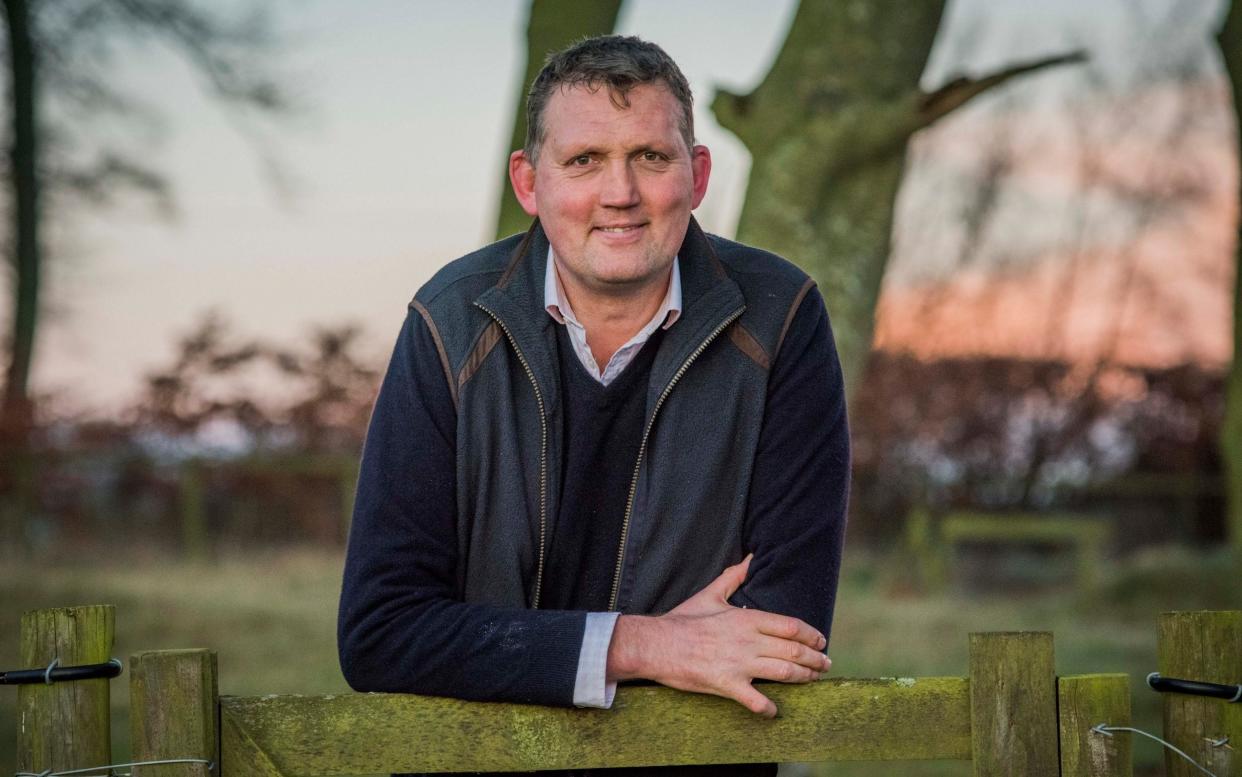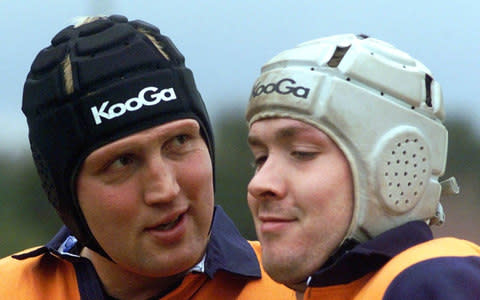'Stephen Hawking proved you can achieve remarkable things - even once you've lost control of your body'

In what can sometimes feel like a sea of darkness, Stephen Hawking was a shining light for motor neurone disease sufferers.
I cannot emphasise enough how important he has been to me personally since my own diagnosis with the same disease last year, and I am sure thousands more people around the world. When you are told that you might have MND - an agonising process that takes months - your head spins. The first thing you see online is that life expectancy is between one to three years from diagnosis. Fear sweeps over you.
The next thing you look for is examples of people who have defied MND and there is no better example than Professor Hawking. Like most people, he was told he only had a few years to live when he was diagnosed with amyotrophic lateral sclerosis (ALS), a form of MND, at 22. He ended up sticking around for more than 50 years.
That may be a statistical anomaly but straight away, you think: ‘why can’t that be me too? Why can’t I live until I am 76 or longer?’ He was the first person that made me realise that the doctors might be wrong and that the worst-case scenario can be overcome.
But it is not just how long he lived, but how he lived. MND will take away most of your bodily functions and your independence, something that, as a former Scotland rugby international, I can barely comprehend, but there is one thing that it does not affect - your brain.
Professor Hawking proved that you can still achieve truly remarkable things even once you have lost control of your body. He refused to let his circumstances dictate what he could accomplish and he changed our understanding of science in the process. The wheelchair was made entirely irrelevant; I just found that so inspiring.
What I have found since being diagnosed aged 47 is that hope is the single best pill you can take for MND. If you think positively that you are going to beat it, that filters into everything you do. The day you think that MND has got you is the day the disease wins. That means you have to think positively every day.
You are trying to do things to prove that MND isn’t going to get a hold of you all the time, whether that is simply lifting a coffee cup, or going to the gym and lifting weights. Doing all these little things gives a middle finger to MND to say: ‘you are not going to stop me living my life.’

The issue with MND is that your own timetable becomes a mystery. When it came to my own diagnosis, which followed a year and a half of symptoms, I was told that I would be in a wheelchair within a year: yet here I am, still standing, still telling bad jokes and wearing terrible suits. You have to believe that you can at least influence your own timetable, even though you don’t know what that is going to be. I know I will eventually be trapped inside my own body, but his example shows that life does not end there.
Without wishing to pretend that I knew his circumstances particularly well, I am sure he relied upon a team of people, family, friends and carers to help him through some of the dark times. Sometimes the support of those crucial people can be forgotten.
Yesterday was a tremendously sad day, and so too are the ones that will follow: for so long, he has been a figurehead within the MND community, and now he is gone. We will have to ask, ‘who is going to be the next Stephen Hawking? Who is going to be the next person in the MND community who we look up to?’ Even now, he leaves the most inspiring of legacies. He may have lost the final battle, but he definitely won the war against this wicked disease.
One day, hopefully, we will develop the drugs that allow every MND sufferer to live as long as Professor Hawking did, and to enjoy an even better quality of life. That has become my mission with the My Name’5 Doddie Foundation. If I was to take one message from his life, it would be never give up, and I don’t intend to ever stop battling MND. The fight goes on.

